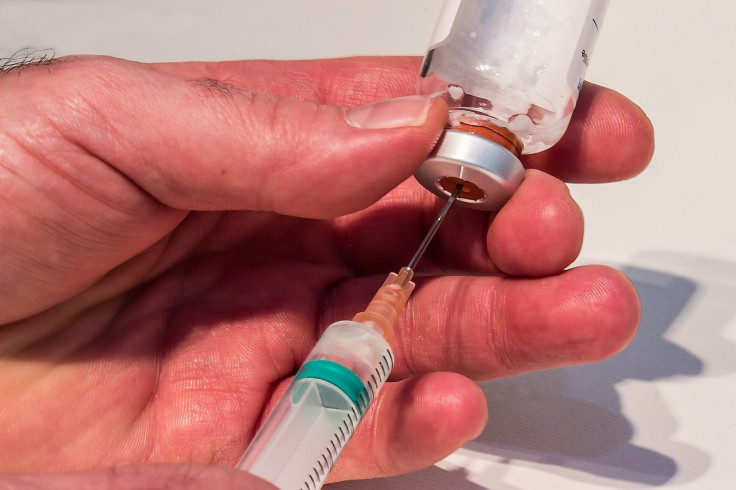Vermont Becomes First State To Remove Residency Requirement For Medical Aid In Dying
KEY POINTS
- Gov. Phil Scott signed a bill Tuesday to remove the residency requirement
- The law allows doctors to prescribe life-ending medication to terminally ill people
- A majority of states don't allow non-residents to use the law
Vermont has become the first state in the country to modify its medically assisted suicide law to provide out-of-state terminally ill people access to life-ending care.
The medically assisted suicide law allows doctors to prescribe life-ending medication to terminally ill people aged 18 or above. On Tuesday, Republican Gov. Phil Scott signed a bill to remove the residency requirement for the law, which has been in place for over a decade.
The changes were passed in Vermont's Senate and House, weeks after an extensive legal battle filed against the state by 75-year-old Lynda Bluestein from Bridgeport, Connecticut. Suffering from last-stage fallopian tube cancer, Bluestein professed that Vermont's residency restriction was unconstitutional. As part of the settlement in March, the state removed the residency requirement for the woman.
"I was always hoping that the Legislature would change the law and make it open to everyone," Bluestein told the New York Times. "I was really thrilled."
Before the amendment, only legal residents of the state were allowed to request prescriptions for the lethal medications from Vermont-based medical professionals. As per state data, 173 residents used the medical aid between May 2013 and December 2022.
Vermont's Patient Choice and Control at End of Life Act (Act 39) allows eligible residents with terminal diseases to take prescribed dose of medication which, if consumed, will speed up the end of their life, according to the state's health authorities. Any licensed physician who practices medicine in Vermont can prescribe the medication to the terminally sick patient.
Residents suffering from an incurable illness that would, within reasonable medical awareness, lead to death within six months are eligible under the law.
"The patient must be capable of making a voluntary, informed health care decision, and can self-administer the prescribed dose," health authorities added.
While Vermont becomes the first state to formally remove the residency mandate from medically assisted suicide law, last year, Oregon agreed to stop enforcing the provision, following a settlement in a similar federal lawsuit. In addition, Oregon was the first state to approve a medical aid-in-dying law, which came into effect in 1997. Vermont became the fourth state to legalize Medical Aid in Dying (MAID) in May 2013.
Even as a number of states provide terminally ill persons' access to life-ending treatments, a majority of them don't allow non-residents to use the facilities. Currently, 12 states, including California, Colorado, Hawaii, Maine, New Jersey and Washington, D.C., have medically assisted suicide laws.
Expressing hope that other states would follow Vermont's footsteps to end residency requirements, advocates for improving end-of-life care said, "People universally want to be able to make decisions over how they die."
Kim Callinan, president and CEO of Compassion & Choices, stated Vermont lawmakers realized that "a state border shouldn't determine if you die peacefully or in agony."
"Patients routinely travel to other states to utilize the best healthcare options," she said in a statement, according to the New York Post. "There is no rational reason they shouldn't be able to travel to another state to access medical aid in dying if the state they live in doesn't offer it."
Meanwhile, critics of the suicide law lashed out at the new provision, noting there was no safeguard that "protect vulnerable patients from coercion."
"To be clear, Vermont Right to Life opposed the underlying concept behind assisted suicide and opposes the move to remove the residency requirement as there are still no safeguards that protect vulnerable patients from coercion," said Mary Hahn Beerworth, executive director of the Vermont Right to Life Committee, who testified before a legislative committee in March.

© Copyright IBTimes 2025. All rights reserved.






















